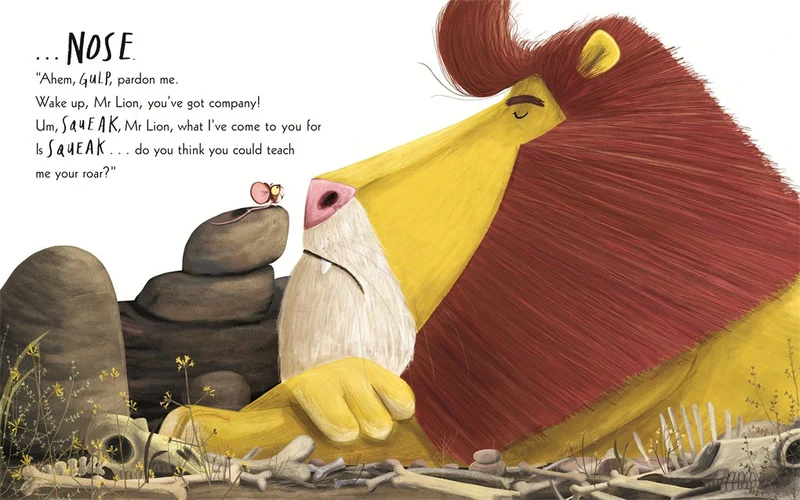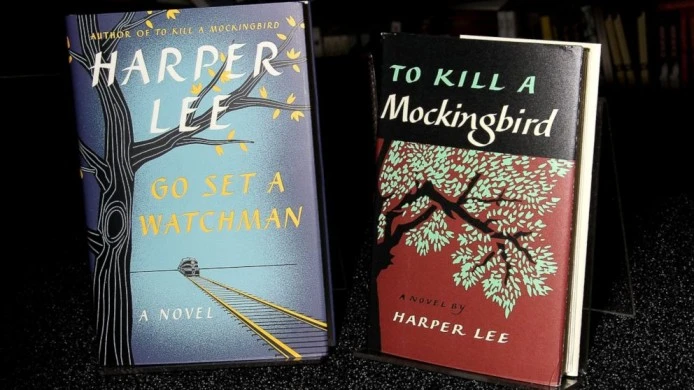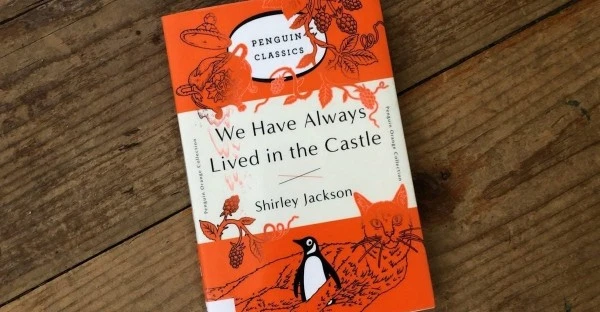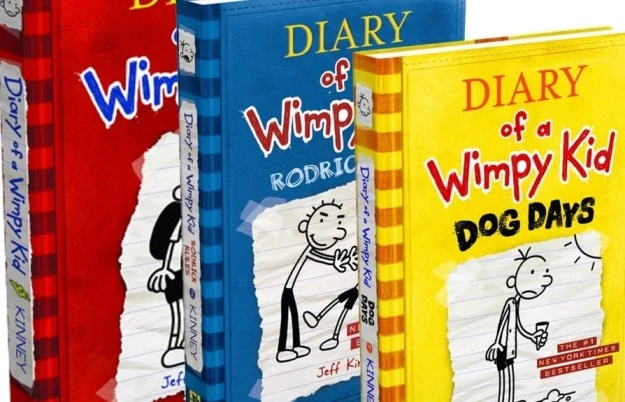His Son Hiked Into the Costa Rican Jungle, and Never Came Out. What Happened?

THE ADVENTURER’S SON
A Memoir
By Roman Dial
Years ago, I brought a city friend hiking. We had to cross a river of snowmelt on a cold, rainy day, and though the water normally stayed shallow, it was deeper and faster than I’d ever seen it. I crossed first, testing the depth; I showed my friend how to face upstream, how to unbuckle his pack and use a stick for support. He made his way after me, a wake rising around him, feeling with his boots for solid ground — and he stumbled. For a moment I saw it all play out: him swept away in the frigid water, the near-instant hypothermia, how I’d struggle to start a fire in the rain. And then he caught his footing and came to shore.
Everything’s fine, I told myself that night in my sleeping bag. It’s fine. Nothing bad happened.
Nothing bad happened, but it could have.
So much in the wilderness is beyond control. The storm comes or it doesn’t, the snake bites or it doesn’t, the mama bear charges or she turns away. You can do everything right and die. You can do it all wrong and survive. The questions of responsibility in the face of risk, of culpability, of the degree to which an outdoors person is responsible for things that went right or wrong by luck, all flow through “The Adventurer’s Son,” a new memoir by the famous explorer and field ecologist Roman Dial. Dial raised his son to be an explorer, too. And then his son disappeared.
So Dial went after him.
[ Read an excerpt from “The Adventurer’s Son.” ]
It’s the resulting search — for a body, for answers, for absolution — that forms the heart of the book. But its soul lies in the love that Dial has for his family and adventure both — the love that drove him to combine them.
As an adventurer, Dial spent much of his young adulthood negotiating degrees of risk. In college, at the University of Alaska at Fairbanks, he specialized in climbing the kind of mountain that requires an expedition just to get to the base, but a close call on a ridgeline made him reconsider his lifestyle. “It seemed far better to be an alpine has-been at 25 than a dead legend at 30,” he concluded, and turned his attention to less imminently lethal pursuits: studying ecology and raising two children with his sweetheart, Peggy.
Childhood is always an adventure, but for Dial’s children, Cody and Jazz, that adventure was serious business. The family lived for a while in a hut in Borneo, surrounded by pitcher plants, flowers the size of beanbag chairs, flying snakes and pygmy forest elephants. When Cody was 6, Dial brought him on his first expedition: a 60-mile bushwhacking trek across Umnak Island in the Alaskan Aleutians, a journey that would challenge even expert adult backpackers. “I wanted this trip to initiate a lifetime of shared wilderness adventures,” Dial recalls, and so, in the face of hurricane-force winds and tough water crossings, he focused on making the journey as kid-friendly as possible, pretending the barren Aleutian backcountry was an alien planet. It’s an attitude familiar to children and scientists both: The earth may not be alien, but its wonders and strangeness should never be taken for granted. It was on this trip that Cody decided to go by his middle name, Roman, just like his father. The family called him Roman Two.
Roman Two was a competent adventurer by his teenage years — “I’m just a genetic enhancement of you, Dad,” he once teased — but what’s more interesting are the ways that he and his father grew apart. Roman Two was a dungeon master in Dungeons and Dragons, an analytical thinker who listened to “Marketplace” on NPR and struggled with sobriety after a friend died and his girlfriend left him. By 25 he was a published biologist who held his father accountable for ethnocentric attitudes, as when Dial lamented that electricity might ruin a rural community’s charm, and launched self-guided expeditions even more daring than his father’s.
It was this daring nature that led Roman Two to begin training for an expedition into the Darién Gap, “one of the most dangerous places on earth”: the remote jungle between Colombia and Panama, fraught with guerrillas, drug runners and deadly wildlife. Like many kids, he downplayed the dangers to his parents, consulting with his father about the best way to source fresh water while writing to friends about traveling “through North America’s cocaine hub in the murder capital of the world.” As practice for the Darién Gap, he decided to sneak into Costa Rica’s Corcovado National Park. “I’ll be bounded by trail to the west and the coast everywhere else,” he wrote to his parents, “so it should be difficult to get lost forever.”
He never came back out.
It’s at this point, roughly halfway through the book, that the narrative kicks into high gear; I read the rest in one sitting. Dial traveled to Costa Rica, searching for evidence of whether his son was dead or alive: a backpack left at a hostel, a rumored sighting of a young white man walking with the infamous drug dealer Pata Lora, a mysterious phone call claiming his son had been kidnapped by a criminal, a “black snake.” With each clue, the mystery deepens. Did Roman get caught up in the drug trade, or change his identity and run away? Did he die in the jungle of a flash flood or dengue fever, a tree fall, an injury turned septic, dehydration? Was he murdered?
When civilization couldn’t answer his questions, Dial turned to the wilderness, sneaking illegally into Corcovado with help from a poacher. He couldn’t help marveling at the jungle, even when every sour smell on the wind might come from his son’s corpse. “Sometime on the third day,” he wrote, “I could again see rainforest colors and delight in the flight of a basilisk across a stream or the primeval look of a motmot in bamboo.” But the joy of exploration, the power it still held on Dial, were fraught in more ways than one, and in “The Adventurer’s Son” he doesn’t shy away from that anguish. “I had not simply introduced him to international travel and the risks of wilderness adventure,” he reflected. “I had included him, again and again, to the point that a large part of our relationship … was built on experiences like his illegal bushwhack into Corcovado.”
After two years and repeat expeditions, Dial finally found the resolution he’d been searching for. “Would I have raised Roman the same way knowing that he would die on a path I led him along?” Dial asked. “The answer is obvious but the question unfair.” It both is and isn’t; the true question, maybe, is what that thrill and reverence, which are after all the core of adventure, are worth. Altogether the book is a complicated ethical read, and thus gripping and unnerving at once. Perhaps its truest title would be “The Adventurer’s Father.” This is what it means to raise a child, to introduce that child to the world, and to bet his life — and his joy — on the odds.




